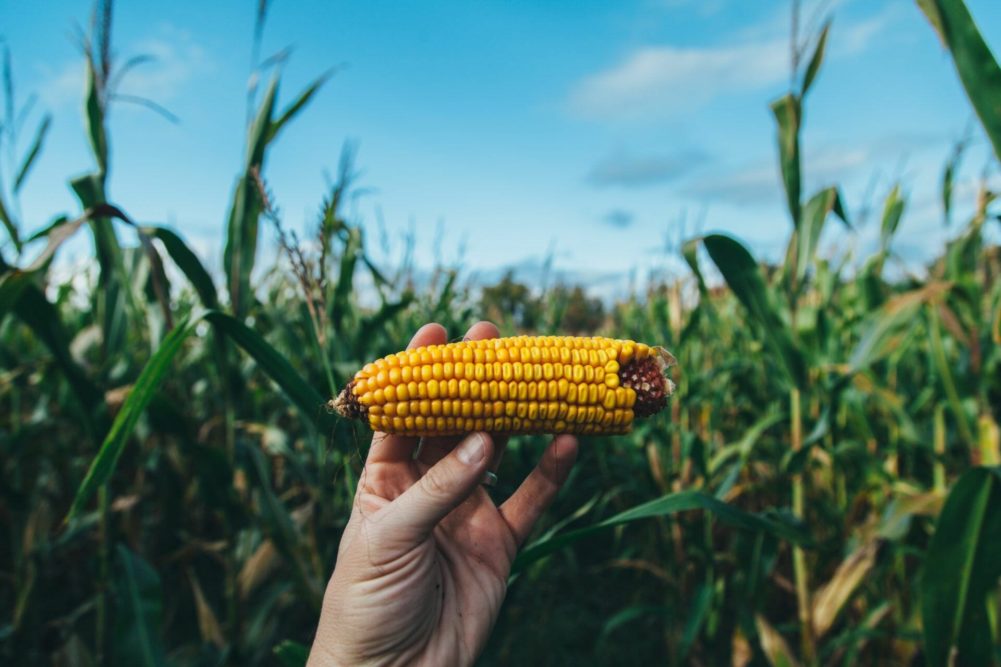Editor’s Note: This article was updated March 9, 2020, to include NewLeaf Symbiotics’ partnership with IN10T’s Farmer Trials Network.
NewLeaf Symbiotics, which develops and commercializes proprietary microbes for biological inputs, has raised $20 million in Series D funding. Koch Agronomic Holdings, Leaps by Bayer, Otter Capital, S2G Ventures and RockPort Capital were participants in the investment round. The company raised a $30 million Series C in 2017 that was used to triple its R&D team, and build a fermentation pilot facility.
The company also announced a streamlined management team in which co-founder Steve Kahn will lead the company as CEO and co-founder and former CEO Tom Laurita will remain as a senior consultant.
“As we move toward the next stage of growth, our efforts are clearly focused on ramping commercialization. We are having success in 2020 with several hundred thousand acres of NewLeaf’s Terrasym technology moving into farmers’ fields and setting the stage for significant growth in 2021 and beyond. We are also expanding our technology to focus on specialty and vegetable crops in addition to corn, soybeans, and peanuts,” said Kahn in a press release announcing the funding. “Consumers expect their food to be grown with minimal impact on the environment. NewLeaf gives growers an option that is not only effective but also sustainable.”
Its branded product is called Terrasym and is based on naturally-occurring M-trophs, which NewLeaf describes as a unique class of microbes. The product is designed to increase crop yield, naturally protect against pests and diseases, enhance grain and fruit quality and improve plant nutrition. NewLeaf is hoping to capture increasing consumer demand for food products raised without the use of harsh chemicals.
The new funding will be used to enhance its R&D efforts while commercializing its product for broadacre row crops. It currently offers products for corn, soybeans, and peanuts.
Last year, NewLeaf announced a partnership with Joyn Bio, which has exclusive access to Ginkgo Bioworks’ genetic codebase and biological engineering foundries. Through the partnership, Joyn gained access to NewLeaf’s library of proprietary, highly- characterized strains of plant-colonizing microbes with the goal of commercializing Jony’s flagship nitrogen-fixing microbe two to three years ahead of schedule. The Series D round will also help NewLeaf work closely with Joyn as it develops its microbial engineering platform around NewLeaf’s beneficial plant colonizing microbes.
NewLeaf also recently made news by being named to The Silicon Review’s list of the “50 Smartest Companies of the Year 2019.
The startup is now planning to put its M-troph product to the test through a new partnership with IN10T’s Farmer Trials Network. Founded in 2016, IN10T is a digital ag company hoping to increase farmers’ adoption of agrifood technologies offering a network of 1,500 growers that it describes as tech-savvy and influential. Participating farmers will treat fields with Terrasym products this Spring and provide data on crop performance during the growing season.
Peering into the biologics crystal ball
NewLeaf stated in its press release that biologics have entered a new phase of adoption as increased scientific rigor has improved quality and efficacy standards. It believes that the biologics being developed today have validation through genomics and AI. But there is an ongoing debate about whether biologics will ever be able to displace chemical inputs in agriculture. Although most people agree on the incredible opportunity that lies ahead if certain challenges around efficacy and packaging can be overcome, many stakeholders aren’t placing all their eggs in the biologic basket just yet.
“We invested in NewLeaf Symbiotics because we believe biologicals are becoming an increasingly important part of agricultural crop solutions. With Terrasym, its M-troph based technology for biostimulants and bio-control, and its bio-engineering partnership with Joyn, NewLeaf is well-positioned to lead the way”, said Ken Wabel, Koch’s representative for NewLeaf, in a press release announcing the funding.
For some ag input manufacturers, however, chemicals remain a safer bet. Bayer recently revealed that it discovered a new herbicide that it plans to launch commercially in 2030, for example. The company invested in NewLeaf’s Series D through its Leaps by Bayer program, Bayer’s head of R&D, crop science, Bob Reiter recently told AFN that it does not view biologics as providing enough efficacy for farmers based on current technologies.
The skepticism around biologics is not unique to Bayer. Others have commented on whether the climate-sensitive products can be mass-produced in a way that makes them accessible to farmers worldwide. Some startups are focusing exclusively on developing technologies to overcome challenges around shelf-stability for microbe-based products. Last year, 3Bar Biologics and Pivot Bio announced a partnership to commercialize a nitrogen-producing microbial product called proven using 3Bar’s delivery system that allows farmers to cultivate a fresh batch of microbes on the farm when they need them.





